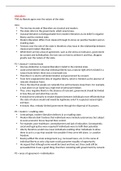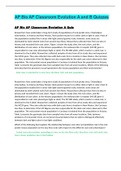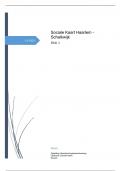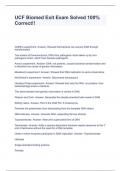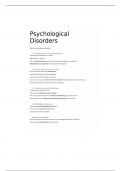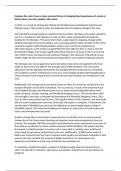Essay
Essay Unit 3 - Key Themes in Political Analysis
- Vak
- Instelling
A* A-level ideology essay plans written to amazing detail and includes recent examples that can help you with your revision. These essay plans gave me an A* in my A-level government and politics.
[Meer zien]
